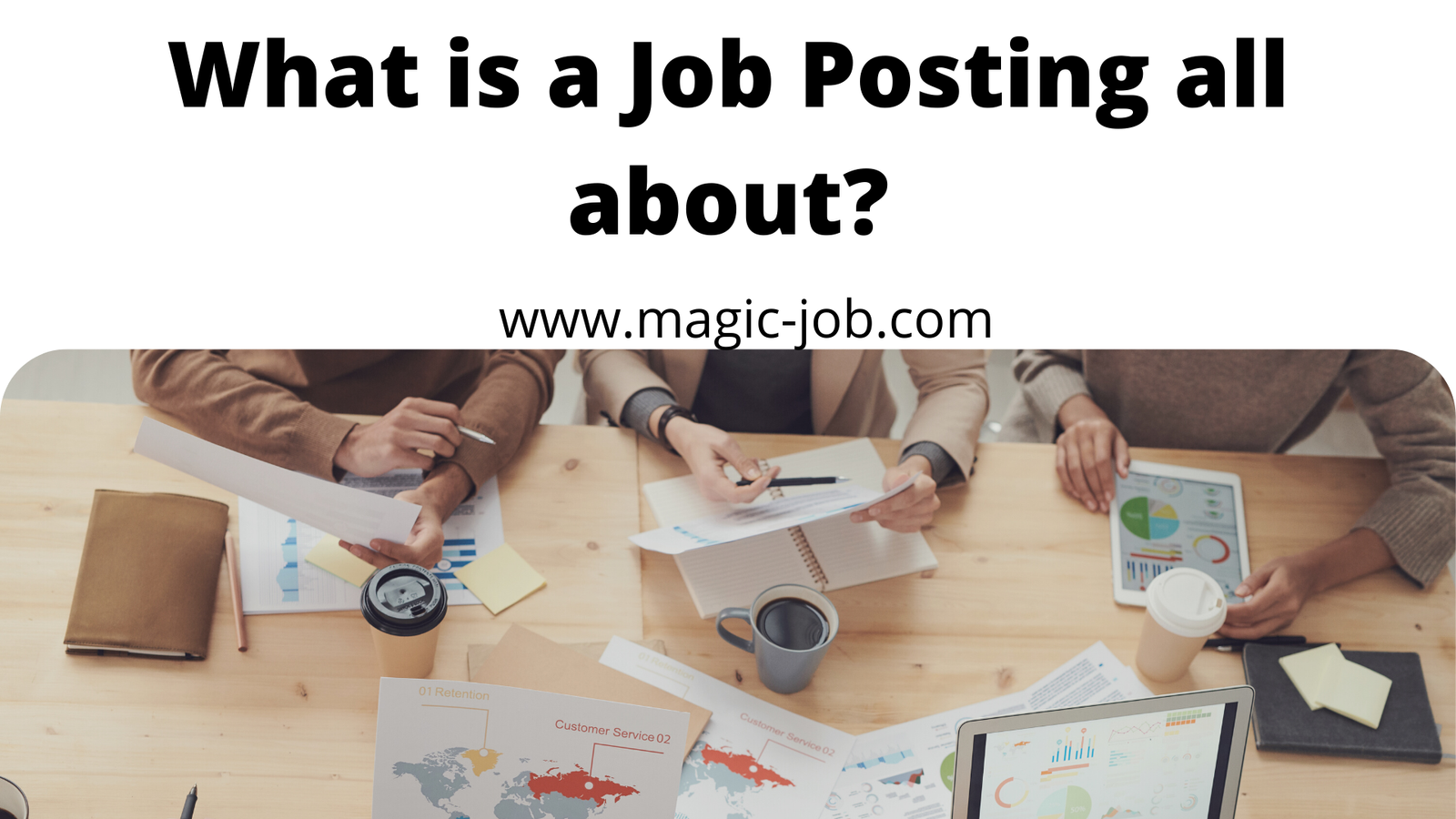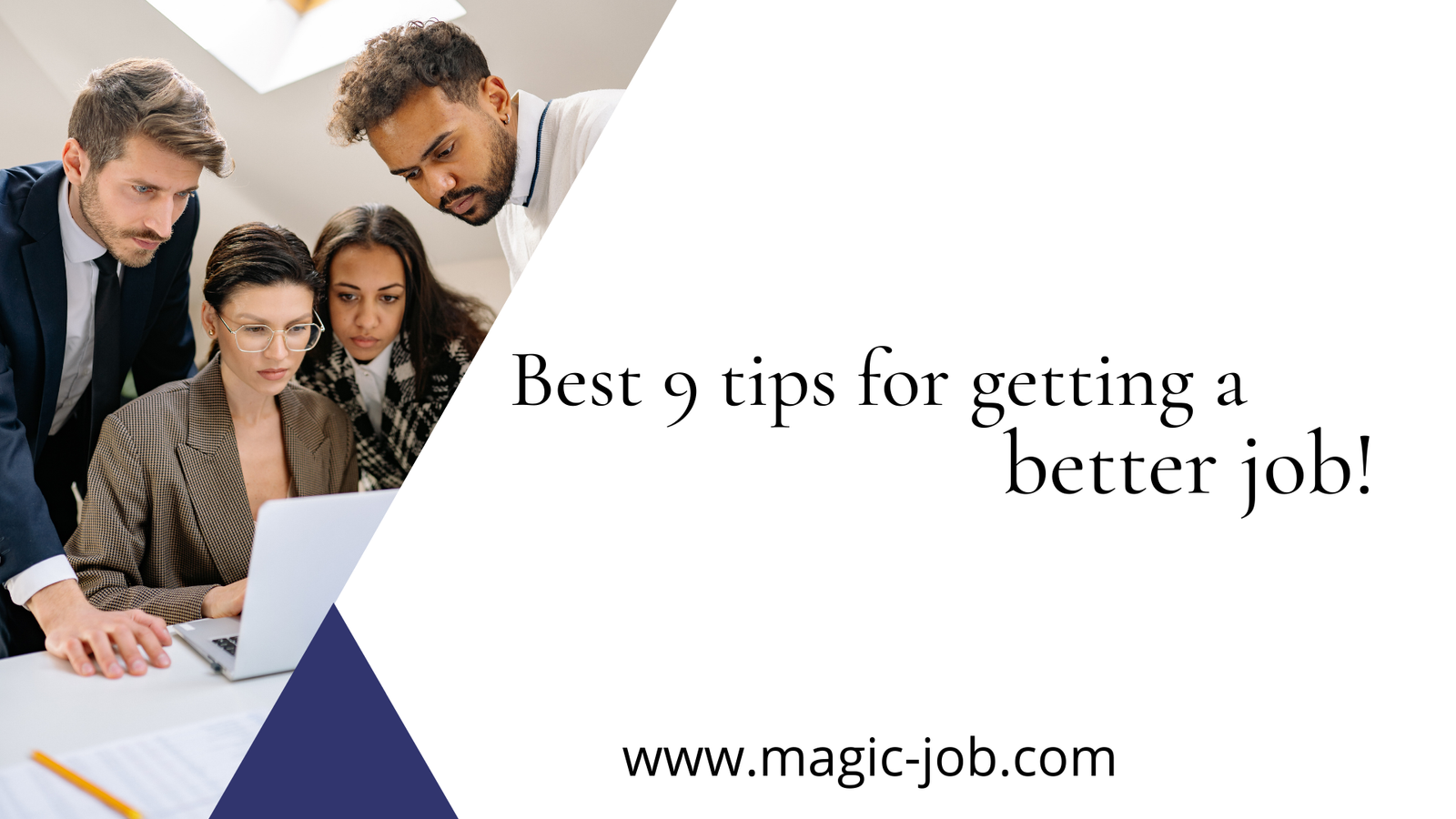How Can You Have a Successful Interview?

There have been a lot of articles and books written about how one should prepare for an interview. However, very little is written about what to do when asking questions. After consulting with hundreds of applicants in a variety of fields, and training others on the basics of negotiation, I am still amazed that the interviewer is unsuccessful in obtaining information to support a specific decision about the interviewer.
A large number of interviewers do not carefully review the resume before the interview. A successful interviewer should be able to "learn about B.S." from the resume, and you have reached the goal of related information. Many interviewees spend a lot of time talking, and they do not have enough time to listen. Too many interviewees enter the interview process unsure of what they really want or need; what are the priorities; most important - - experience, expertise, or training/education; what kind of previous experience is really important for the efficiency and effectiveness of this project, etc.
The interviewer must prepare and follow the following steps and procedures:
(1) Read in advance the book reviewed, comment on it, and ask thought-provoking, appropriate questions;
(2) Ask the applicant what he or she wants - - is it a job or a career? Listen carefully to the answer, and if it is answered in the correct political language and good language, ask, "What do you mean by that? How will that work?"
(3) Ask the applicant what they know about your company or organization.
(4) Select a few items from the resume - - one at a time - - and ask how the experience relates to this position.
(5) Do not simply accept the presentation as an answer, but ask questions such as, "What do you mean by that?"
(6) What is the nature of the applicant?
(7) Does the requester look him or her in the eye?
(8) Ask what is the greatest power. Then ask the following questions about how those forces work. Find out how you feel about these answers.
(9) Ask what the major weakness is. Everyone has weaknesses - see how the applicant responds honestly and accurately, and what this tells you about the individual.
(10) Briefly state what position is being offered. Then ask, why does the applicant feels qualified for this position.
(11) Briefly state your expectations. Ask for feedback.
(12) Make notes during the interview to remember what you like and dislike about the applicant.
(13) Ask any other questions for the applicant. The applicant must. Answer them briefly and clearly.
(14) Don't get "buddy-buddy." Be friendly, but remember this is an interview, and you should keep control.
(15) Stand up and thank the applicant for coming, and provide a deadline to notify the requester of the decision. Keep your word and contact the applicant - - pro or con - - that day! Mix applicants. The applicant's handshake makes you feel about him.
(16) As soon as the applicant leaves, take a few minutes and write down your comments and/or comments on the resume. Make two columns- pro and con, and check the candidate that way. Give the candidate a total rating.
(17) Final consideration - - How do you personally feel about the applicant? Is this the kind of person you would want to work with? Do you feel that the applicant is eligible? Do you have a good idea or a bad idea altogether? What do you believe are the intangible factors that can have a positive or negative impact on your decision about this applicant?
If the interviewer follows the same guidelines and tailors it to suit both the need and the personality and style of the interviewer, the best hiring results will follow. To maximize results, this type of systematization is required!










